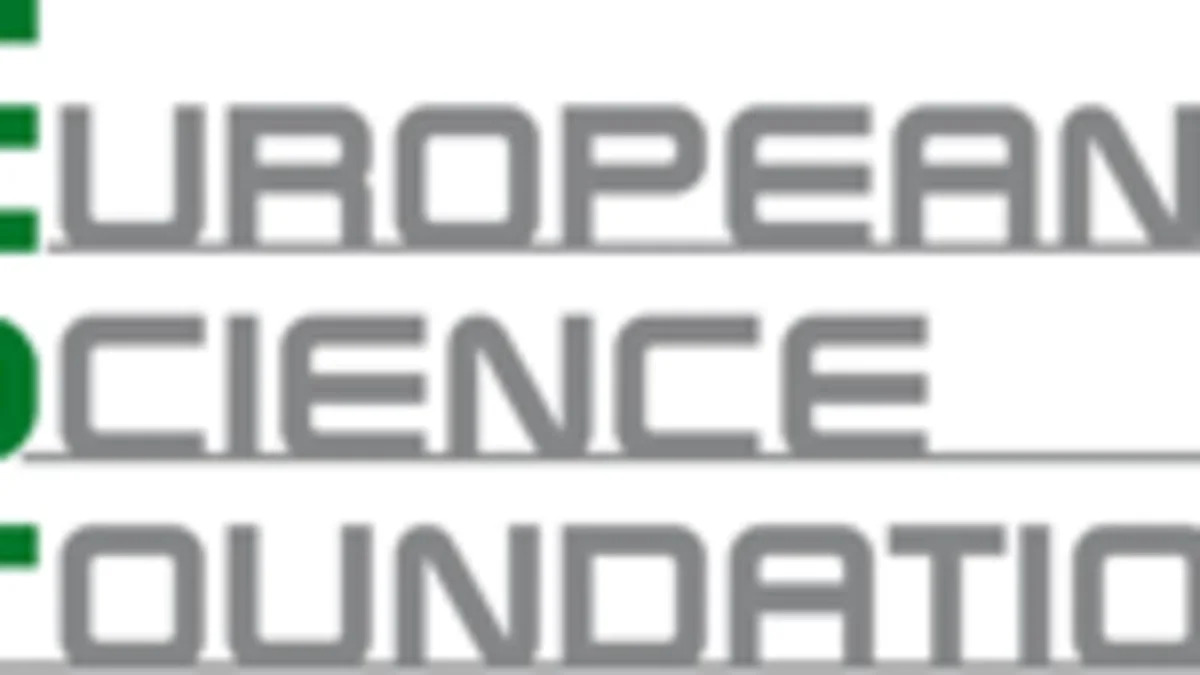 Look no further than the ocean to see what will power our future. That's what a recent study suggests, anyway. That report, presented by the Marine Board of the European Science Foundation (ESF) at the EurOCEAN 2010 conference, outlines several marine renewable energies that have not been exploited to their fullest. The findings suggests that when these yet-to-be utilized sources of energy are tapped – possibly by 2050 – Europe could become the first continent to harness the power of the sea to meet up to half of its electrical needs.
Look no further than the ocean to see what will power our future. That's what a recent study suggests, anyway. That report, presented by the Marine Board of the European Science Foundation (ESF) at the EurOCEAN 2010 conference, outlines several marine renewable energies that have not been exploited to their fullest. The findings suggests that when these yet-to-be utilized sources of energy are tapped – possibly by 2050 – Europe could become the first continent to harness the power of the sea to meet up to half of its electrical needs.
The ESF points to several abundant marine renewable energies, including harnessing the power of offshore wind, waves, tides, and ocean currents as well as exploiting salinity and using algae for biofuel production. The chair of the Marine Board, Lars Horn, discussed the importance of exploiting marine renewables, stating:
Reducing dependency on foreign oil may require extensive future planning and, even if it takes 40 years to fully exploit the benefits of marine renewable energy, it's still worth the wait.Marine renewable energy is in its infancy, but it has remarkable potential. The target of 50% is ambitious, but achievable-we just need research, industry and policy to come together. As well as cutting carbon dioxide emissions and their impact on the environment, investing in marine renewable energy would create jobs in an innovative sector.
[Source: European Science Foundation]
PRESS RELEASE
50% by 2050 - How the power of the sea could help solve our electricity needs
Marine Board of the ESF presents vision for marine renewable energies at the EurOCEAN 2010 conference
By 2050 Europe could get up to 50% of its electricity needs from renewable marine sources according to a report presented today by the Marine Board of the European Science Foundation at the EurOCEAN 2010 conference.
Marine renewable energies include harnessing the power of offshore wind, waves, tides, and ocean currents as well as exploiting salinity and temperature gradients and using algae for biofuel production. These natural abundant sources offer a significant contribution towards energy supply and security, and to reducing emissions of greenhouse gases.
"Marine renewable energy is in its infancy, but it has remarkable potential. The target of 50% is ambitious, but achievable - we just need research, industry and policy to come together," said Lars Horn from the Research Council of Norway and chair of the Marine Board. "As well as cutting carbon dioxide emissions and their impact on the environment, investing in marine renewable energy would create jobs in an innovative sector."
Marine renewable energy needs specific, sustained support for research and development to foster innovation, and also crucially develop appropriate environmental monitoring protocols. The report makes recommendations for Europe's next steps to achieve this vision, including:
* Specific funding through the European Commission Framework Programme 8
* Future joint research programming, with co-ordinated research between industry and universities
* A comprehensive assessment of all the marine renewable resources in Europe
* Developing appropriate environmental monitoring protocols
* Training and education to provide a skilled workforce to supply what would become a growing sector
* A governance framework based on developing and consolidating supportive policies such as a European Energy Market, providing test sites and a European offshore grid interconnector
The report also calls for a European offshore energy grid to be established, as one obstacle for marine energy is the cost and availability of grid connection. The report was developed with was developed in communication with the European Ocean Energy Association.
The EurOCEAN 2010 Conference is a high level science policy event organised by the Belgian EU Presidency on 12-13 October 2010 in Ostend, Belgium, bringing together the European marine and maritime research community. Participants are expected to call on the Member and Associated States of the European Union and the EU institutions, to recognise that the seas and oceans are one of the 'grand challenges' for Europe in the 21st Century.


Sign in to post
Please sign in to leave a comment.
Continue